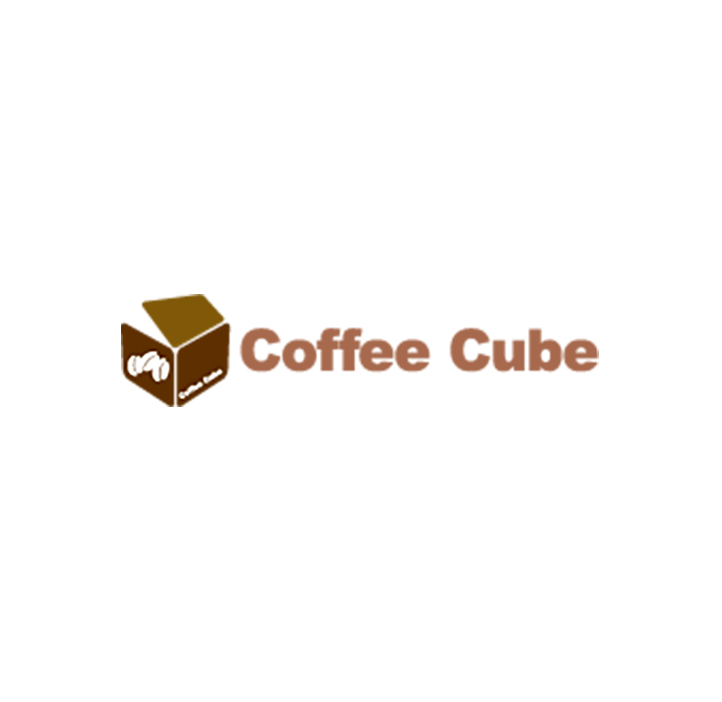


Coffee Cube is a startup company founded in 2014 which upcycles coffee grounds into various products (Coffee Cube 2020). The increase in local demand for coffee has not been matched with a proper upcycling system for coffee grounds, which would often be discarded alongside other waste. Coffee Cube seeks to raise awareness towards the upcycling potential of coffee grounds by offering a wide range of lifestyle items produced with discarded coffee grounds.
The Challenges
South Korea is a heaven for the coffee-lover, but not so much for the tree-hugger. A report from the Hyundai Research Institute indicated that the coffee industry in South Korea exceeded 7 trillion won (5.8 billion USD) in 2019, ranking 6thglobally (Hyundai Steel 2020). 99.8% of the coffee bean is discarded as waste after extraction (Hyundai Steel 2020). According to 2018 statistics from the Ministry of Environment, coffee stores across the country are collectively accountable for an annual130,000 tonnes of coffee waste (Ko 2018). Coffee grounds, when not properly recycled, buried or incinerated, can produce greenhouse gases such as methane, which generates a greenhouse effect more powerful than carbon dioxide (CO2) (Ko 2018). Despite such, up until a few years ago, in South Korea, coffee grounds have not been recognised as a material with ample upcycling potential and were mostly discarded together with general waste.
The Solution
Coffee Cube seeks to reduce the waste generated by coffee grounds by introducing an unconventional array of upcycled products. The founder, Mr. Im, decided to transform his personal research project into a business after noting the huge popularity of his ‘coffee clay’ at the 2010 Coffee Festival in Gangneung (Lee 2019).The company uses the online platform ‘Coffee Clay’ to collect coffee grounds from cafes around the country. The Coffee Train is a machine invented by Coffee Cube’s founder which mechanizes and expedites the process of producing coffee grounds-based products. The machine obtained a US patent in 2018, and 14 Coffee Train machines are installed nationwide as of 2020 (Coffee Clay 2020; Shin 2020). Key products include Coffee Clay (playdough), Coffee Pencil, Coffee Flowerpot, and Coffee Bricks. Aside from its eco-friendly value as upcycled products, these products also boast additional points of attraction. For example, the Coffee Flowerpot functions as a natural fertilizer, allowing healthier plants to grow. The Coffee Bricks are cheaper in cost, naturally adjust humidity and fills the space with the scent of coffee, giving an extra sense of calm to those nearby (Shin 2020).The Coffee Clay is not only safe for children to play with, but also gives a natural opportunity to educate children about the concept of upcycling.
The Impact
Coffee Cube’s products have had an impact both locally and internationally. On a local level, 30 cafes regularly send their coffee grounds to Coffee Cube to create upcycled products. The company also collaborated with the Daejeon City government to open a café hosting coffee clay workshops for the public (Lee 2019). A café opened up in Gunpo City with a wall entirely built out of Coffee Bricks (Lee 2019).Internationally, Coffee Bricks have been shipped to countries including Japan and Australia (Shin 2020; Lee 2019). After obtaining a US patent in 2018, Coffee Cube stated that it intends to obtain patents in Japan, China and Germany (Lee 2019). In 2018, Coffee Cube reached a total annual revenue of KRW 500 million (approximately HKD 339,000) (Lee 2019).
Reference
Coffee Clay (2020) [Online]. Available at: https://coffeeclay.com/135 (Accessed: 21 October 2020). (only available in Korean)
Coffee Cube [Online]. Available at: (Accessed: 21 October 2020). (only available in Korean)
Hyundai Steel. (2020). Hyundai Steel’s ‘Coffee Waste Resource Recovery Project’, Finding New Purposes for Discarded Coffee Waste [Online]. Hyundai Motor Group Newsroom. Available at: https://news.hyundaimotorgroup.com/Article/hyundai-steelscoffee-waste-resource-recovery-project (Accessed: 21 October 2020).
Ko, E. (2018). Hwangyeongbu “Coffee jjiggeogi jaehwalyong euimu, budamgeum bugua geomto [환경부 “커피찌꺼기 재활용 의무.부담금 부과 검토] [Online]. Hankook Daily. Available at: https://www.hankookilbo.com/News/Read/201810291739340261 (Accessed: 21 October 2020) (only available in Korean)
Lee, J. (2019). Saegaero bbeotneun Coffee Cube eui dojeon, coffee jjiggeogiro maechul 10eok neomboneun bigyeoleun? [세계로 뻗는 커피큐브의 도전, 커피 찌꺼기로 매출 10 억 넘보는 비결은?] [Online]. Available at: https://blog.naver.com/nong-up/221580299074 (Accessed: 21 October 2020) (only available in Korean)
Shin, T. (2020). Coffee Cube turns coffee grounds to eco-friendly products [Online]. Power Korea. Available at: http://www.powerkoream.co.kr/news/articleView.html?idxno=1106603 (Accessed: 21 October 2020).